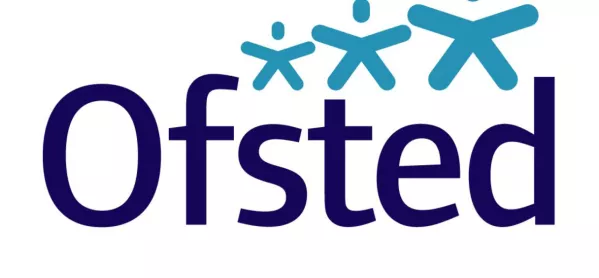Single-word Ofsted ratings of “outstanding”, “good”, “requires improvement” and “inadequate” are an “oversimplification”, give a “misleading” picture and can contribute to social imbalance within the school system.
That’s the view of the government’s Social Mobility Commission in its State of the Nation report, published today, which calls on Ofsted to “move beyond” its four categories, which it says can “obscure schools strengths” and “make a difficult situation worse” where schools are given a negative rating.
The call comes on the day Ofsted revealed it had refused to scrap the ratings, saying parents require information being made available to them, and that an alternative system could make inspections “even more high stakes”.
Quick read: Ofsted to keep outstanding grades
Inspections: Ofsted’s new framework plans
Spielman: We are listening to teachers
However, the Social Mobility Commission report says the single-word label often highlights the disadvantaged nature of the school’s cohort and “subsequently penalises it”, for example, by making it harder to recruit and retain high-quality teachers and leaders.
The report states: “Whatever the outcome of an inspection, there are significant consequences for schools whether disruptive or liberating on the basis of a single-word inspection outcome. This matters for social mobility because disadvantaged pupils are disproportionately served by schools which are rated poorly by Ofsted and the consequences for those schools are the most disruptive.”
The report highlights that 11 per cent of schools in the most deprived areas are rated as “inadequate” compared with 1 per cent in the least deprived areas.
It makes a number of recommendations including that the Department for Education reconsiders its policy of exempting outstanding schools from inspections. It also says Ofsted should use the opportunity in its new inspection regime to identify “educational excellence in schools operating within the constraints of poverty, which peer-led school review structures could then explore and champion”.
Social mobility commissioner Sammy Wright, who is one of the commissioners attached to education as well as a deputy head in Sunderland, said he would like to see the single-word ratings scrapped in favour of a more “nuanced” approach.
“We know that schools cannot be reduced to one word,” he said. “What we would like to see from Ofsted is a system where judgement is expressed in a way that is more meaningful.”
A spokesperson for Ofsted said: “While we recognise the debate around moving to less clear-cut judgements, Ofsted exists first and foremost to serve parents and the public and to report to them on the state of our schools and colleges.
“The four graded judgements gives a clear picture to parents about education standards to help them make informed choices, and acts as a marker on how well their child’s school is performing.
“Our annual Parents Survey, published earlier this week, tells us that 9 out of 10 parents know the Ofsted rating of their child’s school or childcare provider, and 6 out of 10 parents feel Ofsted is a trusted judge of standards.
“Therefore, the benefits of retaining a four point grading system is clear for parents, but the judgements also acts to identify schools that require much needed support to improve. And with our new education framework, set to be implemented in September, the focus on the quality of education should make it easier to recognise and reward good work done by schools in areas of high disadvantage.”
The report found that the gap between rich and poor pupils was ‘stagnating’. At age 11, disadvantaged pupils are 14 percentage points behind better-off peers in attainment. This rises to a 22.5 percentage gap at age 19.




